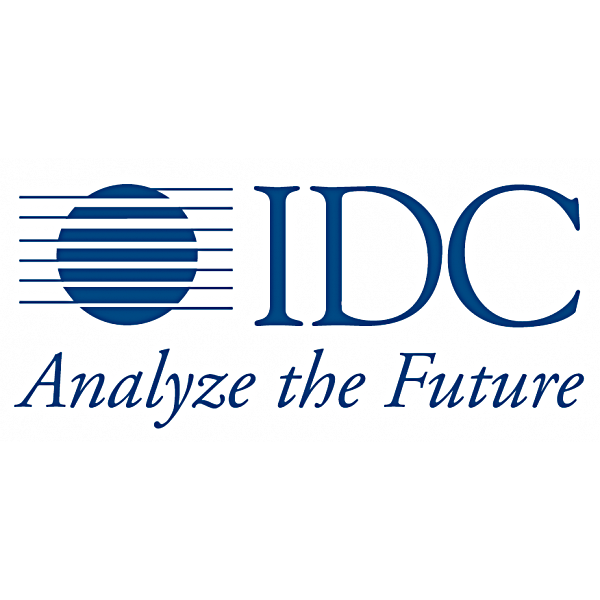Worldwide Spending on Cognitive and Artificial Intelligence Systems to Reach $77.6 Billion in 2022, IDC Says
Global spending on cognitive and artificial intelligence (AI) systems is forecast to continue its trajectory of robust growth as businesses invest in projects that utilize cognitive/AI software capabilities, according to a new report from International Data Corporation (IDC).
In its Worldwide Semiannual Cognitive Artificial Intelligence Systems Spending Guide, ABI forecasts spending on cognitive and AI systems will reach $77.6 billion in 2022. That is more than triple the $24 billion forecast for 2018. The compound annual growth rate (CAGR) for the 2017-2022 forecast period will be 37.3 percent.
"The market for AI continues to grow at a rapid pace," said David Schubmehl, research director, Cognitive/Artificial Intelligence Systems at IDC. "Vendors looking to take advantage of AI, deep learning and machine learning need to move quickly to gain a foothold in this emergent market. IDC is already seeing that organizations using these technologies to drive innovation are benefitting in terms of revenue, profit, and overall leadership in their respective industries and segments."
Software will be both the largest and fastest growing technology category throughout the forecast, representing around 40 percent of all cognitive/AI spending with a five-year CAGR of 43.1 percent. Two areas of focus for these investments are conversational AI applications (e.g., personal assistants and chatbots) and deep learning and machine learning applications (employed in a wide range of use cases).
Hardware (servers and storage) will be the second largest area of spending until late in the forecast, when it will be overtaken by spending on related IT and business services. Both categories will experience strong growth over the forecast (30.6 percent and 36.4 percent CAGRs, respectively) despite growing slower than the overall market.
The cognitive/AI use cases that will see the largest spending totals in 2018 are automated customer service agents ($2.9 billion), automated threat intelligence and prevention systems ($1.9 billion), sales process recommendation and automation ($1.7 billion) and automated preventive maintenance ($1.7 billion).
The use cases that will see the fastest investment growth over the 2017-2022 forecast are pharmaceutical research and discovery (46.8 percent CAGR), expert shopping advisors and product recommendations (46.5 percent CAGR), digital assistants for enterprise knowledge workers (45.1 percent CAGR), and intelligent processing automation (43.6 percent CAGR).


